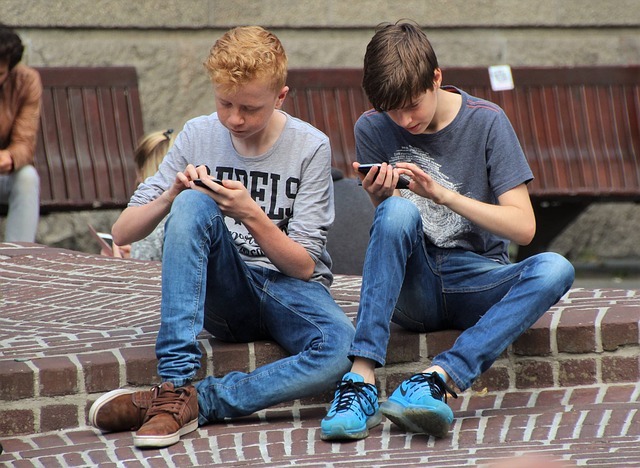In SimCity, people get the opportunity to live a simulated existence in a virtual civilization, an ironic sub-reality. Facebook’s Farmville users play the role of virtual farmers, planting crops, tending to livestock, and harvesting produce. People now have the time and means to sit around and farm for entertainment, while they buy their groceries at the supermarket or have their food delivered. Our connection to the planet has become more abstract and our lives are increasingly spent in the virtual space.
The United States has transformed from a nation at the turn of the 20th century in which 50% of the population made a living in agriculture to a nation with about three percent of the population working in agriculture. What was once an arduous means of survival has been distorted into a game.

Virtual Love
In 2009 a Japanese man known as Sal9000 married a virtual woman. Even one of the most central parts of the human experience, romantic love, is beginning to fuse with virtual reality. Too many of us are so alienated from our everyday lives that we happily live virtual ones. Basic aspects of our lives are being replaced with computer simulated substitutes.
Don’t Talk, Just Text
As the exponentially growing web of technology continues to encapsulate our lives we have a tendency to pull away from human interaction. Many people spend over eight hours per day staring at a screen (TV, computer, cell phone, etc.), far more than the average person spends personally interacting with other human beings. These human interactions are laden with distractions and people are often so absorbed with what is going on inside their smartphones that they don’t give full attention to the conversation. Have you ever been involved in a conversation where the other person is interacting with a smartphone?
Information Overload, Highly Planned
There is such an unending flow of information that people’s brains are bombarded by numerous competing inputs, which inhibits them from having clear thoughts and thus limiting coherent conversations. There are researchers whose sole job is to determine the best timing of rewards on your devices to keep you engaged. The increasing sophistication of our technologies, specifically in the realm of communication (though it has its obvious virtues) is having an overall detrimental impact, crippling our social interaction. It may be easier to feel instantly connected to people through avenues such as Facebook and Twitter/X but the quality of the interactions, especially face-to-face, is slipping because of the cloud of distraction we have created.

Reality vs Virtual Reality
It is hard to figure out what is authentic or important in the world of virtual reality. Stephen Colbert wryly coined the term “Truthiness” a sign of an era when the line between true and false has been greatly blurred. The virtual interfaces that are supposed to lead us to better and more efficient lives have muddled the nature of many social interactions. The line between what is real and what is not has worn so thin that one is often indistinguishable from the other.
Technological proliferation has led to serious alienation; this feeling of alienation is undoubtedly a contributing factor in the trend of mass violence. A small number of individuals are so dissatisfied with their own reality and the world around them that they attempt to kill as many people as possible, often before taking their own lives. People are not only alienated from one another but they are alienated from themselves.
It’s Just a Game
The lack of reality in gaming may affect adolescents in ways that are unpredictable. The violent games may benumb our youth. The lines between what is real and what is not are increasingly blurred for young people whose brains are still developing.
Our young people are relying more and more on using devices to “talk.” For the truly shy, this may be an advantage. However, the reality of cyberbullying becomes so much easier and pervasive with virtual reality communication.

Technology and Relationships
When a man no longer looks for love in another human being, but rather in a virtual cartoon, something is wrong. If many people would prefer to invest time, energy and money into a virtual life rather than their own existence, there is something lacking from their daily reality and how they view their standing in the world.
The ironic misconception of technological proliferation is that while it may make our lives easier in many ways, the very same perceived progress is making our lives worse.

0 Comments